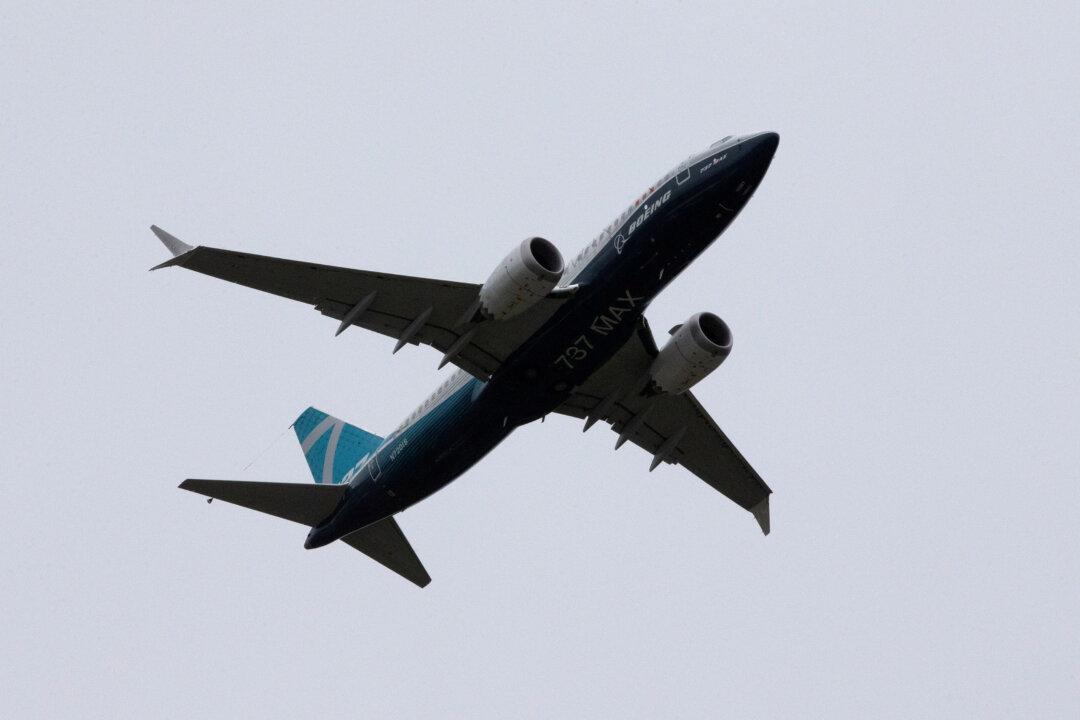WASHINGTON—The Federal Aviation Administration (FAA) on Tuesday proposed requiring charter, commuter, air tour operators, and aircraft manufacturers to implement a key safety tool aimed at reducing accidents.
The U.S. regulator wants to extend a mandate to adopt so-called Safety Management Systems (SMS), which are a set of policies and procedures to proactively identify and address potential operational hazards early on. U.S. airlines have been required to have SMS since 2018 and some aerospace companies already voluntarily have SMS programs like Boeing, GE, and Raytheon-subsidiary Pratt & Whitney





